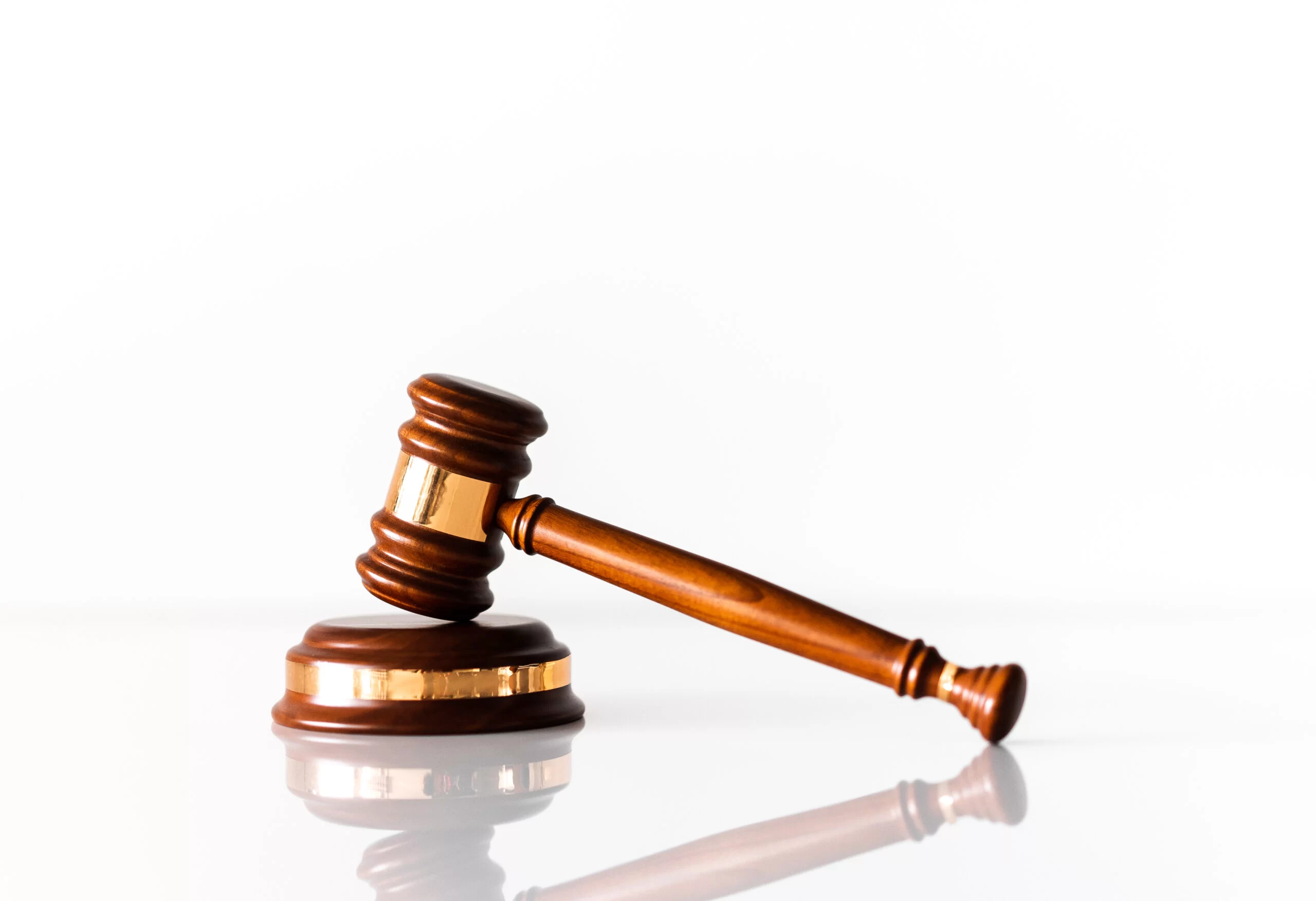ARBITRATION
In the UAE and other nearby countries, arbitration is a frequent technique of conflict resolution. The increased use of arbitration in the UAE can be seen through the creation of several organizations to manage commercial arbitrations.
The UAE passed Federal Law No. 6/2018 on Arbitration, which is the country’s first stand-alone legislation on arbitration (Arbitration Law), including a more streamlined procedure to enforce domestic arbitrations and modifications to the UAE’s Civil Procedure Code was amended in 2016 to allow foreign arbitral decisions to be recognized and enforced.
In the UAE, the most prominent arbitral bodies are:
- The Dubai International Arbitration Centre (DIAC) is the official institution that administers disputes via the DIAC Arbitration Rules 2007 (DIAC Rules).
- The administration of arbitrations conducted under the DIFC-LCIA Arbitration Rules is handled by the DIFC London Court of International Arbitration (DIFC-LCIA) Center.
- According to the ADCCAC’s Procedural Regulations, the Abu Dhabi Conciliation and Arbitration Centre (ADCCAC) is in charge of arbitrations.
- The state-owned Emirates Maritime Arbitration Centre (EMAC) is the exclusive owner and operator of EMAC.
- Sharjah International Commercial Arbitration Centre (Tahkeem).
- RAK Centre for Reconciliation and Commercial Arbitration.
Advantages/Drawbacks
The following are some of the advantages of using arbitration rather than going to court:
- The hearing is private and confidential, unless the parties agree otherwise.
- Arbitrators with the appropriate qualifications may be assigned to handle technical subject-matter disputes.
- Arbitrations may be held in English or any other language agreed upon by the parties, whereas local court litigation must always be conducted in Arabic.
- Oral testimony is permissible in arbitration, whereas only written submissions are allowed in courts.
- An arbitrator’s decision is final and cannot be overturned. There are few avenues to appeal an arbitral award, and the legality of a decision cannot be challenged.
Arbitration has several advantages over litigation, including:
- Arbitral proceedings are frequently more expensive than ordinary litigation.
- An arbitrator’s decision must be confirmed by the courts in order to be enforceable. The enforcement of a judgment might be delayed or more expensive as a result of this, although the Arbitration Law has made things simpler.
Arbitration Agreements
When drafting an arbitration agreement, the following criteria must be met:
- The agreement must be in writing, which includes any handwritten or electronic communication.
- The inclusion of an arbitration clause in another document may be made apparent through incorporation, as long as the incorporation is made explicitly clear.
- If a company or other legal entity wishes to take legal action against someone, it must have the appropriate authority. This authority generally must be established by a corporate shareholders’ agreement or corporate papers.
- In most cases, if the contract is created by a natural person, he or she must have legal authorization to sell his or her rights.
In addition, the language of the arbitration agreement must be clear and absolute. Arbitration agreements are typically interpreted narrowly.
Although the Arbitration Law does not contain a provision requiring that documents with an arbitration clause be signed by the parties, courts frequently demand that they be so completed. The court will also want to make sure that the reference to arbitration is clear. As a result, it’s not uncommon to see basic terms included as part of the main contract, which are also initialed by the parties.
Arbitrators (number and qualifications)
There is no legal requirement for the number of arbitrators. However, an odd number of arbitrators must be used (if there are more than one).
The following arbitrator limitations exist:
- An arbitrator should be a non-corporate individual with no vested interest in the case and who is not:
- a minor;
- a restraining order issued by a court; or
- Because of bankruptcy, a person who has been convicted of a felony, misdemeanour, or crime involving moral turpitude or breach of trust loses his or her civil rights.
- An arbitrator cannot be a member of the organization that is administering the arbitration (the arbitral institution).
Finally, the Arbitration Law stipulates that the arbitrator’s gender and nationality may be chosen.
Appointment/Removal
Appointment of Arbitrators
In the absence of a contract between the parties, according to the Arbitration Law, three arbitrators should hear any arbitration unless otherwise specified by the body that is overseeing it. The choice of arbitrator is made by the participants, and the tribunal’s chairperson will be chosen by competing arbitrators. If none of the party-designated arbitrators are able to reach a decision, if
The legal system recognizes the right of a corporation to choose arbitrators according to certain institutional rules.
Removal of Arbitrators
The arbitrator can be replaced or removed under the Arbitration Law:
- The failure or inability of an arbitrator following his or her death or incapacitation is referred to as the “instantaneous succession.”
- As a result of a challenge to his appointment.
- If the arbiter decides that the arbitrator is unfit to serve:
- is unable to do their duties or has stopped doing so;
- acts in a way that causes arbitral proceedings to be delayed in an unreasonable manner; or acts in a way that causes arbitral proceedings to be delayed in an unreasonable manner.
- On purpose, or by inaction, the individual or company has failed to act in accordance with the arbitration agreement.
Arbitration Procedure – Commencement
The day following the formation of the arbitral tribunal, proceedings under the Arbitration Law are triggered. To begin arbitrations, a request for arbitration is submitted. Arbitration is often required by an institution’s rules. If you want to file an arbitration case with attorneys, you’ll need a power of attorney authorizing you to do so.
The process of submitting a claim to an independent arbitrator may differ from state to state. Additional procedures are employed, depending on the arbitration rules in force.
Applicable Procedural Rules
Both parties have the option of agreeing on alternative procedures, subject to any additional criteria established in the contract. In the absence of an agreement, the panel is free to choose whatever rules it sees fit, subject to any applicable legislation and international treaties.
The standards established by the organization in which you are enrolled will apply.
Default Rules
The arbitrator(s) must choose the applicable rules if the parties are unable to reconcile their substantive positions.
Statement of Facts and Evidence
There are no specific laws or regulations in place to allow document discovery and examination in the UAE legal framework, with the exception of laws and rules that govern the DIFC and ADGM Free Zones. However, a court may issue an order requiring a party or a third person to give oral testimony or produce documents if an item is “necessary for the resolution of the dispute.”
- The side that files the case is required to submit all of the documents it intends to rely on in court. There’s no need for a party to supply anything harmful to its position, therefore discovery is limited. According to the Arbitration Law:
- An arbitrator has the power to order a party to submit original records that have already been produced by someone else.
- A tribunal can request an order from the Court of Appeal to sanction a witness who does not appear or answer questions, or to compel the production of documents in possession by a third party that is necessary to resolve the matter, at the request of a party or on its own motion.
In practice, parties frequently comply with the IBA Rules on Taking of Evidence in Arbitration. In some cases, arbitrators may take into account administrative rules while making such decisions.
Legal Costs
The cost of legal representation is not established by law. Hourly fees and fixed-fee arrangements are common. Contingency payments are not authorized in the UAE. Third-party financing isn’t prohibited or regulated in arbitrations in the United Arab Emirates.
Cost Allocation
A tribunal may assess costs in an arbitration under the Arbitration Law, which includes arbitrators’ fees and expenses, unless otherwise agreed by the parties. In addition to arbitrators’ and institutional costs, expert fees are also recognized. In recent instances, the UAE courts have required express agreement between the parties giving them the authority to charge legal fees.
Cost Calculation
At the court’s discretion, arbitral tribunals can award costs. The court may order a change in the cost assessment of one of the parties if a request for such an order is filed.
Factors to consider
Costs are usually calculated on the basis of two factors:
- Parties’ submissions.
- The amount of sophistication and the argument’s form.
- Time spent.
- Discretion of the tribunal.
It’s a good idea to include an express clause in the arbitration agreement that states who is accountable for what costs.






